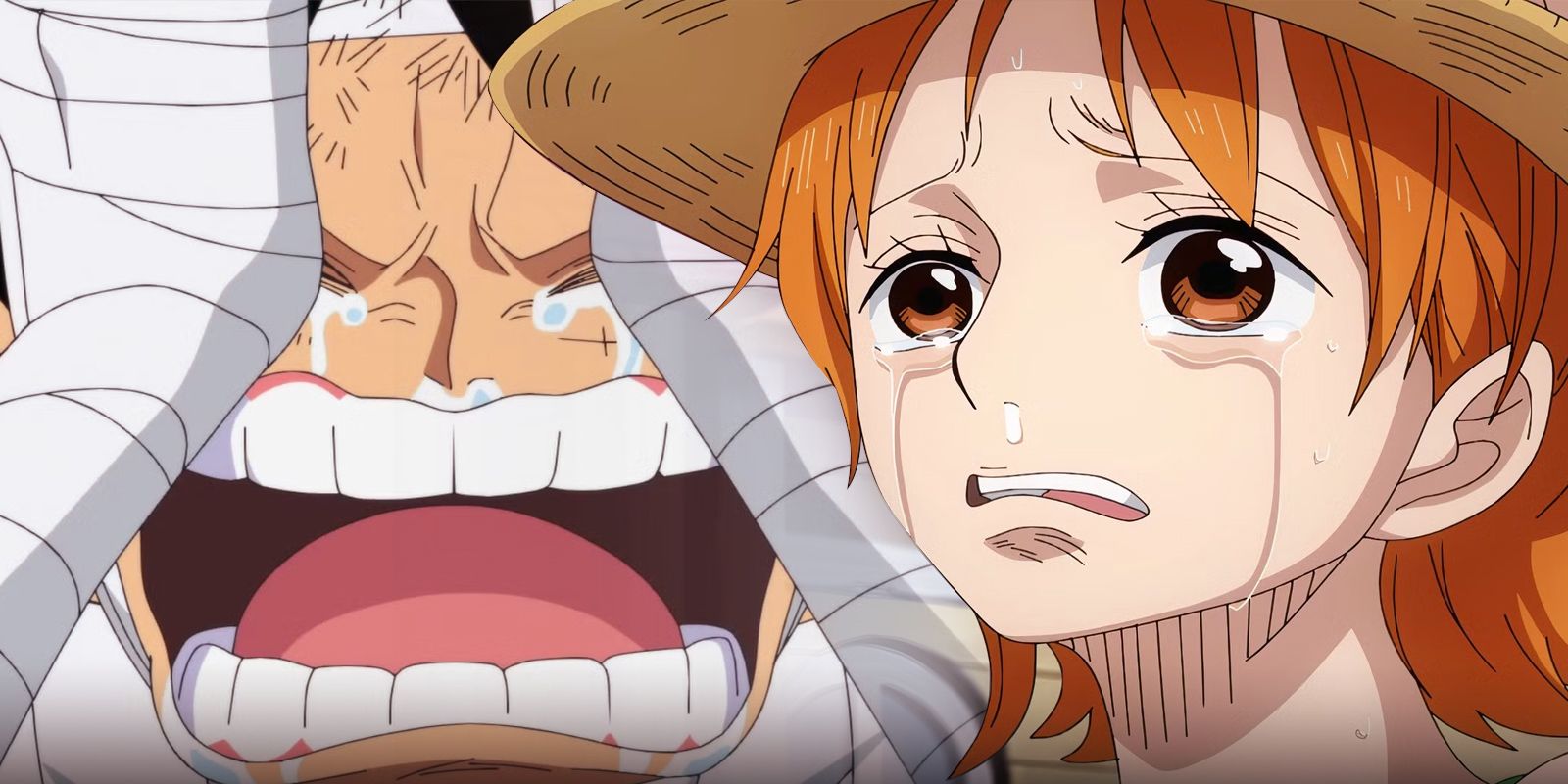Fuji Television Network — one of Japan’s largest broadcasters, and well-known for broadcasting hit anime shows such as the currently airing Dragon Ball Daima, One Piece, Honey Lemon Soda and more — has been embroiled in a public scandal for months, and its effects continue to be felt. Now, after several high-profile companies have pulled their sponsorship, two of Fuji TV’s most celebrated anime are left without backing.
Via Unseen Japan, the world’s longest-running animated television series, Sazae-san, has seen a substantial drop in sponsorship in response to Fuji TV’s sexual assault scandal and its continuing fallout. Although not widely known in the West, Sazae-san, which portrays an idealized Japanese family, is one of Japan’s most cherished anime and is a cultural institution. At the end of an episode, a placard displaying the show’s sponsors is shown, but on Jan.19, X user @arakawakohsen_B documented the show’s waning support. In a period of two weeks, logos on the placard were dramatically reduced, with automaker Nissan, consumer goods corporation Proctor and Gamble and construction company Daiwa House pulling sponsorship.

Related
Japan’s Fair Trade Commission Announces Massive Investigation Into Anime Industry Abuse
An investigation into problematic conduct within the anime industry has been launched, with veterans eyeing it as an opportunity for important change.
By Jan. 19, Saezae-San featured only Nintendo and Amazon as sponsors. However, by Jan. 21, Nintendo also pulled its sponsorship. On Feb. 2, Sazae-san dropped the sponsorship placard, to be replaced by one simply showing the anime’s family cat, Tama, wandering outside the house. Sazae-san is not the only anime affected; Chibi Maruko-chan has also lost its placard, being replaced by a static image of the cast of characters. Chibi Maruko-chan is another long-running anime series that was first broadcast in 1995. It follows Maruko, a little girl who can be most likened to a Japanese version of Dennis the Menace. Despite Fuji TV’s stable, family-friendly programming, the scandal is proving too large for businesses to risk being associated with it.
The Fuji TV scandal first came to light in December when the tabloid Josei Seven published an article alleging a woman who had previously worked at the company was assaulted at a private dinner by Masahiro Nakai, a former member of the boy band SMAP and Fuji TV programming host. It was previously reported that a senior member of staff had invited the woman to the dinner. However, this has been retracted, and Nakai has confirmed that he invited her. Nakai eventually paid out 90 million yen (~US$580,000) in an out-of-court settlement that required the signing of a non-disclosure agreement. Nakai has since retired. In a statement on his official website, he said, “This trouble is entirely down to my shortcomings.”

Related
‘It’s Significant’: Weekly Shonen Jump Publisher Cracks Down on Illegal Manga Translator
Weekly Shonen Jump publisher Shueisha secures a fine against a man found guilty of translating manga into English before its release date.
On Jan. 27, Fuji TV’s Television President, Koichi Minato, and its chairman, Shuji Kano, stepped down from their roles. In a 10-hour press conference, Minato admitted that the incident was known to a small group of officials, as it was reported to him in August 2023, but denied allegations of a cover-up. Kenji Shimizu, a producer best known for his work on Dr. Slump and Dragon Ball Z, will succeed Minato.
Almost a year after the Johnny Kitagawa sexual abuse scandal, which prompted the United Nations Human Rights Council to launch an investigation, the public is calling for further transparency within the entertainment industry. Many contend that this is not solely a Fuji TV issue but indicative of a broader problem. The World Economic Forum ranked Japan 118th out of 146 countries in the 2024 Global Gender Gap Report, and a 2020 Cabinet survey reported that 1 in 14 women were subject to sexual abuse. For now, Fuji TV will undergo a third-party probe, with Shimizu saying, “This incident has brought home to us the weight of trust and the severity of losing it.”

Sazae-San
- Release Date
-
October 5, 1969
- Network
-
Fuji TV
-

Midori Katō
Katsuo (voice)
-

Ichirô Nagai
Sazae (voice)
-

-

Miyoko Asō
Tarao (voice)
Source: Unseen Japan








